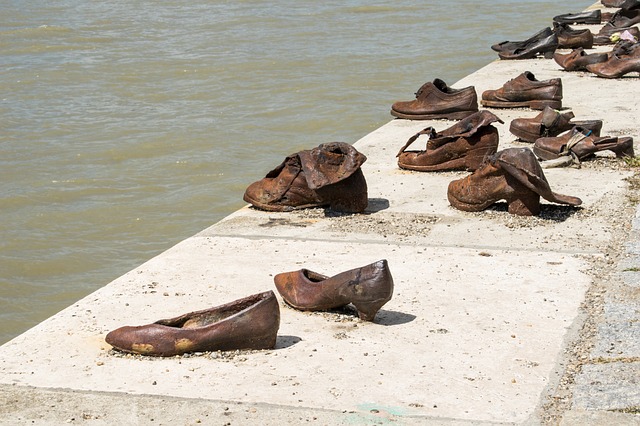Economists often sing the praises of credibility, also known as “time consistency.” When Kydland and Prescott won their Nobel Prizes in 2004, their citation gives this work pride of place:
Finn Kydland and Edward Prescott have been awarded the 2004 Bank of Sweden Prize in Economic Sciences in Memory of Alfred Nobel for their fundamental contributions to two closely related areas of macroeconomic research. The first concerns the design of macroeconomic policy. Kydland and Prescott uncovered inherent imperfections-credibility problems-in the ability of governments to implement desirable economic policies.
But what does credibility mean in practice? One common objection to the Nuremberg trials was that they gave bad incentives to future war criminals. If war criminals know they’ll be tried and executed if they lose, self-interest urges them to fight to the bitter end. From this perspective, the trials were short-sighted. They satisfied the impulse for revenge, but extended the duration of future wars.
On reflection, however, that’s only a medium-run view. The apostle of credibility could easily retort, “Yes, the Nuremberg trials encourage future war criminals to fight to the bitter end. But they also discourage future leaders from committing war crimes in the first place. We should take a truly long-run view.”
In politics, the masses are highly impulsive. They favor whatever feels good at the moment; medium- and long-run effects are usually too dull and remote to contemplate. Elites, however, often want to claim the mantle of credibility – and deride their opponents’ short-sightedness. If you’re paying attention, however, the real elite debate is rarely Credibility Versus the Easy Way Out. Instead, it’s Medium- Versus Long-Run Credibility. Should the U.S. reach a new understanding with Russia? In the short-run, it wounds U.S. pride. In the medium-run, it helps resolve a bunch of pressing global issues, like the Syrian Civil War. In the long-run, it encourages countries to act like Russia.
What’s the prudent course? Economists’ rhetoric suggests that we put the long-run uber alles. But a real answer requires a massive detour into the psychology of history. How long do world leaders even know what other countries did in the past? How long will they remember? And how much does this knowledge affect their expectations? Personally, I don’t know – and I doubt many people who pontificate on the value of credibility know either.




